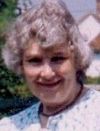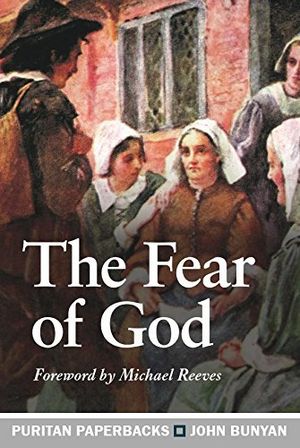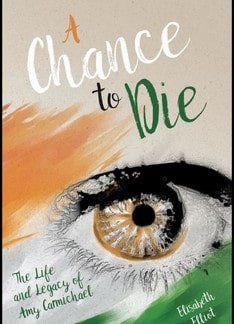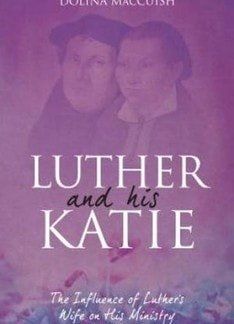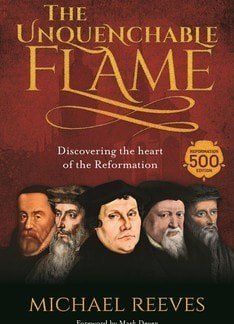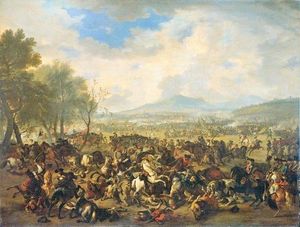Children’s Champion
With Barnardo’s 330 charity shops, 400 social projects and care of thousands of children, most readers will be familiar with that name. But who was Tom Barnardo, founder of this remarkable charity begun in 1867?
A bit of all sorts’ was Tom’s own description of himself as he thought of the blend of Spanish, German, Italian, Turkish and Irish blood that ran in his veins, inherited from his parents. Certainly the quixotic nature and turbulent disposition of this lad, born in Dublin in 1845, could well be the result of such a mix.
Tough and wiry, Tom had once been snatched back from the grave when doctors had pronounced the two-year-old dead. With the coffin standing ready and the undertaker performing his tasks, someone noticed the smallest flutter of movement, then another. Tom was not dead.
So remarkably saved, Tom’s mindset was early being prepared for his lifework – rescuing vulnerable children from destitution and death. He would do this for no less than 60,000 in his own lifetime. But before he could undertake this astonishing work, the hot-tempered, restless young man needed to be rescued himself, not from poverty but from the power of sin by Jesus Christ, whose declared mission is ‘to seek and to save the lost’.
Sceptic
The bespectacled young Tom Barnardo was a sceptic in matters of religion. Aggressive and opinionated and with a mind crammed with the rationalistic notions of Voltaire and Rousseau, he reacted with derision when he heard of the vast gatherings of men and women flocking to the Metropolitan Hall in downtown Dublin, to hear the fiery preaching of men such as Henry Guinness.
This was 1862 – the year when the widespread revival of religion which began in 1859 was turning Dublin upside down. ‘Emotional hysteria’, said Tom with a sneer, as he listened to reports of his own contemporaries whose lives had been revolutionised by the power of God. But he soon learnt that he could no longer mock when two of his older brothers were converted, their lives transformed before his eyes.
His brothers now had one aim: to bring Tom to hear such gospel preaching. Obstinate to the last, Tom refused their entreaties. Eventually he agreed to attend a house meeting – but with one private intention, to disrupt and embarrass the speaker. ‘I behaved very badly’, Tom admitted later, ‘I was just as cheeky as a young fellow can be’.
Despite himself, Tom Barnardo discovered the arrows of God’s convicting power piercing his defences. Perhaps his rationalist heroes were wrong after all; perhaps his brothers right. Not long afterwards he heard an address which cut him to the quick.
That night he could not sleep. In desperate anguish of soul he begged God to forgive his unbelief – yet it seemed of no avail. In despair he woke his brothers and all three young men knelt together pleading for Tom through the early hours.
Suddenly the youth leapt from his knees, conscious at last of that forgiveness he had been seeking.
Compassion
26 May 1862 marked a watershed in the seventeen-year-old’s life. If God had reached out in compassion to him, his every endeavour must now be to lead others to that same place of peace and forgiveness. This became his master passion for the rest of his colourful life.
After his daily office duties were over, evangelistic work among the poverty-stricken in Dublin became his priority. Then he lifted his eyes further afield, and felt a desire to sail to China as a missionary to reach the unevangelised masses. To further this aim Barnardo left home for London in 1866 to undertake medical training.
Here he discovered an urgent mission far closer at hand – a mission on the nearby streets and among the degrading gambling dens of east London. Every evening Barnardo could be found preaching on street corners or visiting unscrupulous gaming houses where young people were cheated of their few coppers.
Before long he decided to start a ‘Ragged school’ for the pitiable urchins he found hovering round every street corner. Whitewashing and equipping a derelict barn for the purpose, Tom welcomed the first few stragglers, and endeavoured to feed, warm and teach them.
Homeless children
Then came that well-known episode that marked out the entire course of Barnardo’s life – his meeting with Jim Jarvis. An emaciated, ill-clad ten-year-old, Jim had crept near the fire and was sleeping when closing time came.
‘Here, my lad’, said Barnardo, ‘wake up, and off home to your mother’.
‘Aint got no mother’, came the reply.
‘Well, off to your father, then’.
‘Aint got no father neither, sir’.
‘Away then to your home wherever it is’, was Barnardo’s final retort.
‘Oi’ve got no ‘ome sir. Oi don’t live nowhere’, was the lad’s pathetic answer.
As Barnardo inspected the careworn little face, old beyond his years, and the few rags that clothed his dirty body, the dreadful realisation began to dawn on him: this child was speaking the truth.
‘Tell me, my lad’, Barnardo pressed, ‘are there other poor boys like you in London without home and friends?’
‘Yes, sir, ‘eaps of ’em, more’n oi could count’, came the blunt reply.
With the inducement of coffee and sandwiches, Jim agreed to show Barnardo where these destitute boys slept at night. Through numerous darkened alleys they trekked until they reached a dead end, where Jim expected his new friend to scale a ten-foot wall.
There on an exposed rooftop they lay - eleven boys, clad only in rags. Appalled, Barnardo now knew that something must be done, and by God’s help he meant to do it.
Love
The self-satisfied Victorian society must be told of the situation, letters of appeal sent to wealthy benefactors … and before long this young medical student was able to rent several cottages where he could accommodate the most needy.
The work burgeoned until Barnardo obtained premises in Stepney Causeway where sixty youths could live, be fed, clothed, taught, trained in some skill and – ever most important in Barnardo’s mind – taught of Jesus Christ, the friend of outcasts and sinners.
Nor was this the end. House after house was purchased: homes for broken and used girls, homes for unwanted babies and young children, and all with the help of a team of dedicated fellow workers – and Syrie who agreed to marry Tom at four week’s notice.
When Barnardo died in 1905 at the age of sixty, there was a national outpouring of grief. ‘Beloved Barnardo’, wrote his friend Henry Guinness, ‘with his beaming face, cheery voice, broad brow, big brain, glowing heart, indomitable courage … when shall we see his like again?’
Such was the founder of Barnardo’s Homes – made what he was by the power of the gospel of Christ.
Faith Cook

